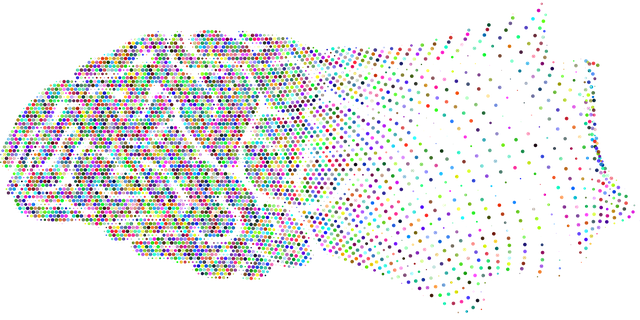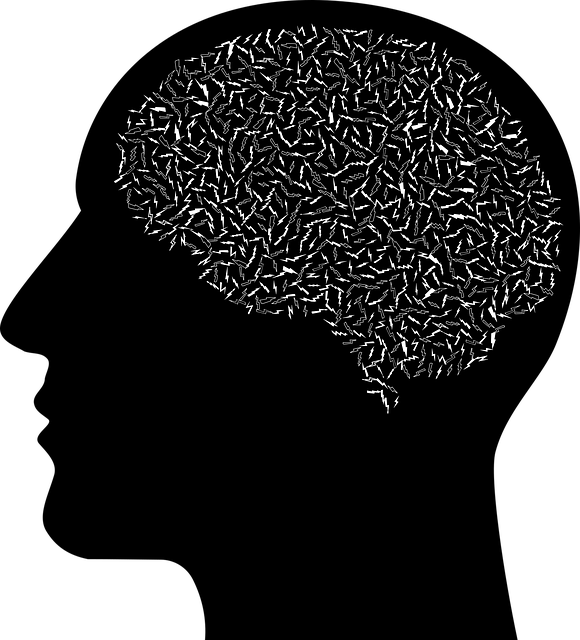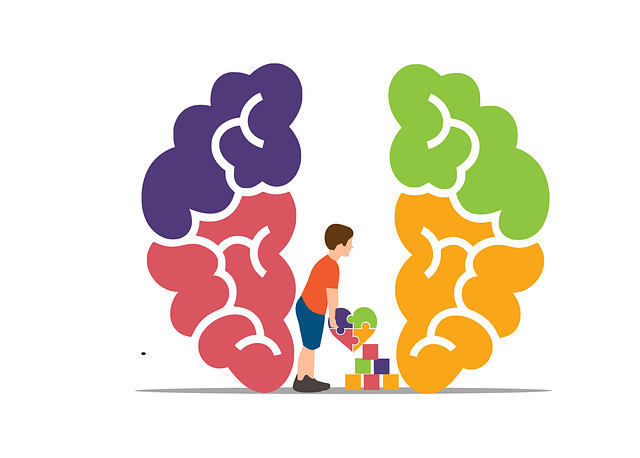Implementing successful Northglenn Mandarin Chinese Speaking Therapy programs requires a comprehensive approach. This includes understanding the community's cultural and linguistic needs, identifying service gaps, setting clear goals, and conducting thorough analyses. By integrating Mind Over Matter principles, Burnout Prevention Strategies, culturally relevant resources, and tailored resilience-building initiatives, these programs ensure inclusivity, address mental health concerns, reduce stigma, and foster well-being within Northglenn's diverse Mandarin Chinese-speaking community. Effective outreach, measured impact, and strong partnerships are key to long-term success.
In Northglenn, the implementation of community outreach programs focused on Mandarin Chinese speaking therapy addresses a growing need for linguistic and cultural support. By understanding local community needs and setting clear goals, these programs can effectively engage residents through tailored strategies. This article explores the comprehensive process from identifying gaps in services to measuring impact, ensuring accessibility, and fostering sustainability in Northglenn Mandarin Chinese speaking therapy initiatives.
- Understanding Community Needs: Identifying Gaps and Goals for Northglenn Mandarin Chinese Speaking Therapy Programs
- Designing Effective Outreach Strategies: Engaging the Target Audience in Northglenn
- Implementing and Delivering Therapy Services: Ensuring Cultural Sensitivity and Accessibility
- Measuring Impact and Building Sustainability: Evaluating Success and Fostering Community Support
Understanding Community Needs: Identifying Gaps and Goals for Northglenn Mandarin Chinese Speaking Therapy Programs

In Northglenn, understanding the community’s needs is paramount when implementing Northglenn Mandarin Chinese Speaking Therapy programs. This involves identifying gaps in existing services and setting clear goals that align with the unique cultural and linguistic landscape of the area. By conducting a thorough Mental Health Policy Analysis and Advocacy, community leaders can uncover critical areas where support is lacking, whether it’s access to language-specific therapy or addressing specific mental health concerns within the Chinese-speaking population.
This process should also incorporate Mind Over Matter Principles, encouraging a holistic approach that considers not just healthcare accessibility but also cultural sensitivity and the overall well-being of residents. Moreover, incorporating Burnout Prevention Strategies for Healthcare Providers is essential to ensure that therapy programs are sustainable and effectively staffed, allowing for consistent and quality care over time.
Designing Effective Outreach Strategies: Engaging the Target Audience in Northglenn

In Northglenn, designing effective outreach strategies for community programs involves understanding and engaging the specific target audience. With a diverse population, it’s crucial to tailor initiatives that resonate with various groups, particularly focusing on the Mandarin Chinese speaking community. This may involve utilizing culturally relevant resources and incorporating language access services to ensure inclusivity. By offering programs like Mandarin-speaking therapy sessions or workshops, Northglenn can better address the mental health needs of its diverse residents.
Leveraging tools such as Crisis Intervention Guidance and Conflict Resolution Techniques within these outreach programs can foster a sense of belonging and resilience among participants. Teaching essential skills in stress management and conflict handling empowers individuals to navigate challenges with greater confidence. Resilience Building, specifically tailored for cultural considerations, ensures that Northglenn’s community initiatives are not just accessible but also impactful and meaningful for every resident, including those who speak Mandarin Chinese.
Implementing and Delivering Therapy Services: Ensuring Cultural Sensitivity and Accessibility

Implementing therapy services requires a nuanced approach, especially when catering to diverse communities with unique cultural backgrounds. Northglenn Mandarin Chinese Speaking Therapy is an excellent example of a program designed to bridge this gap. By offering services in Mandarin Chinese, therapists ensure accessibility for a specific linguistic and cultural community within Northglenn. This initiative recognizes the importance of cultural sensitivity, addressing potential language barriers that might deter individuals from seeking therapy.
Moreover, such programs aim to foster inner strength development by providing trauma support services tailored to cultural norms. They work towards reducing the stigma surrounding mental illness in these communities, creating a safe space for open dialogue and encouraging individuals to seek help without fear of judgment. Effective community outreach involves understanding and respecting cultural differences, thereby enhancing the overall effectiveness of therapy delivery.
Measuring Impact and Building Sustainability: Evaluating Success and Fostering Community Support

Measuring the impact of community outreach programs is paramount to evaluating their success and ensuring sustainability. Organizations like Northglenn Mandarin Chinese Speaking Therapy utilize various methods to assess their efforts, including collecting feedback from participants, tracking program attendance, and measuring improvements in mental health indicators. By gauging these factors, they can identify what’s working and make data-driven adjustments to better serve the community.
Building sustained support for such initiatives requires fostering strong community partnerships and encouraging open communication. Stress Management Workshops Organization often collaborates with local businesses, schools, and community centers to promote their programs. This collaborative approach not only amplifies reach but also strengthens the sense of shared responsibility for mental health within the community. Effective communication strategies, as highlighted in Risk Assessment for Mental Health Professionals, play a crucial role in this process, ensuring that information is accessible, understandable, and tailored to diverse audiences.
The implementation of community outreach programs for Northglenn Mandarin Chinese Speaking Therapy has demonstrated significant potential in addressing language barriers and enhancing cultural accessibility. By understanding community needs, designing targeted strategies, delivering culturally sensitive services, and measuring impact, these programs can foster a more inclusive environment in Northglenn. This holistic approach ensures that therapy services not only reach but also resonate with the specific linguistic and cultural requirements of the community, ultimately strengthening local support and sustainability.














